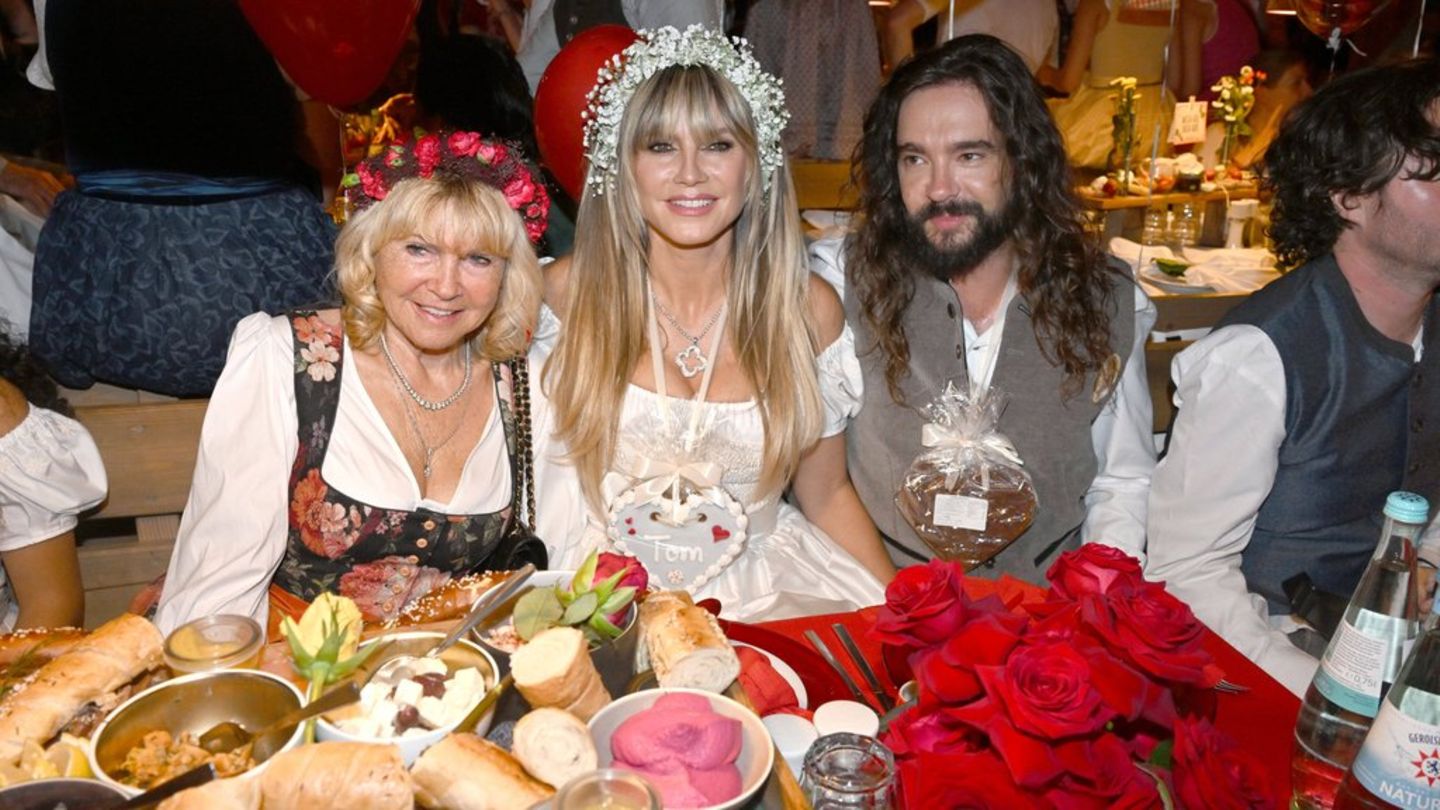ESC
There should be a promise of fair play at the ESC
Copy the current link
The ESC in Malmö was overshadowed by tension, chaos and demonstrations. Things should be different in Basel. The model takes an example from the Olympic Games.
After the Eurovision Song Contest (ESC) 2024 in Malmö, which was overshadowed by anti-Israel protests, stricter rules are to apply in Basel in 2025. Participants should commit to fair behavior, similar to athletes in the Olympic oath, says the chairman of the ESC supervisory board, Bakel Walden, to the German Press Agency.
The ESC final will take place on May 17th in the St. Jakobshalle in Basel. Nemo from Switzerland won in 2024.
Negative behavior will not be tolerated; violations will result in warnings or access restrictions. “There are areas where freedom of expression has limits, especially when it affects other people,” says Walden, drawing another comparison to the Olympic Games: neutrality prevails at the ESC. If participants put their beliefs on display, “some on one side, others on the other side, then in three to five years the ESC will simply no longer function,” he said.
The mood at the ESC in Malmö was clouded by, among other things, demonstrations against Israel’s participation – but there was also hostility, critical gestures and barbs from the participants against the Israeli interpreter and her country.
Walden, who comes from Germany and was a media manager at RTL, says the mistake was that too much politicization was allowed. “There were a lot of statements on stage or symbols and signs. That fueled the situation to a certain extent.”
In addition to the voluntary commitment to fair play, there will be a code of conduct in Basel, which the organizer, the European Broadcasting Union EBU, has now published in Geneva. Everyone who wants to take part must agree to this, including artists, delegation members and journalists. There will also be retreat areas for singers where filming is not allowed and there will be fewer public rehearsals, said Walden.
Focus on private channels on social media
Another innovation is a booklet with due diligence obligations for the delegations, for example with regard to the artists’ social media appearances. “Let’s take a look, what did the person do before? Maybe a few tweets from five or ten years ago haven’t aged so well.” This should be discussed beforehand so that there are answers if questions arise.
As for the warnings: There is no “ESC police” sitting in front of surveillance cameras, as Walden says. “It’s not the claim that we can control everything down to the last detail. Of course we don’t look away. If there are things and we notice them, then we will react to them.”
dpa
Source: Stern
I am an author and journalist who has worked in the entertainment industry for over a decade. I currently work as a news editor at a major news website, and my focus is on covering the latest trends in entertainment. I also write occasional pieces for other outlets, and have authored two books about the entertainment industry.




